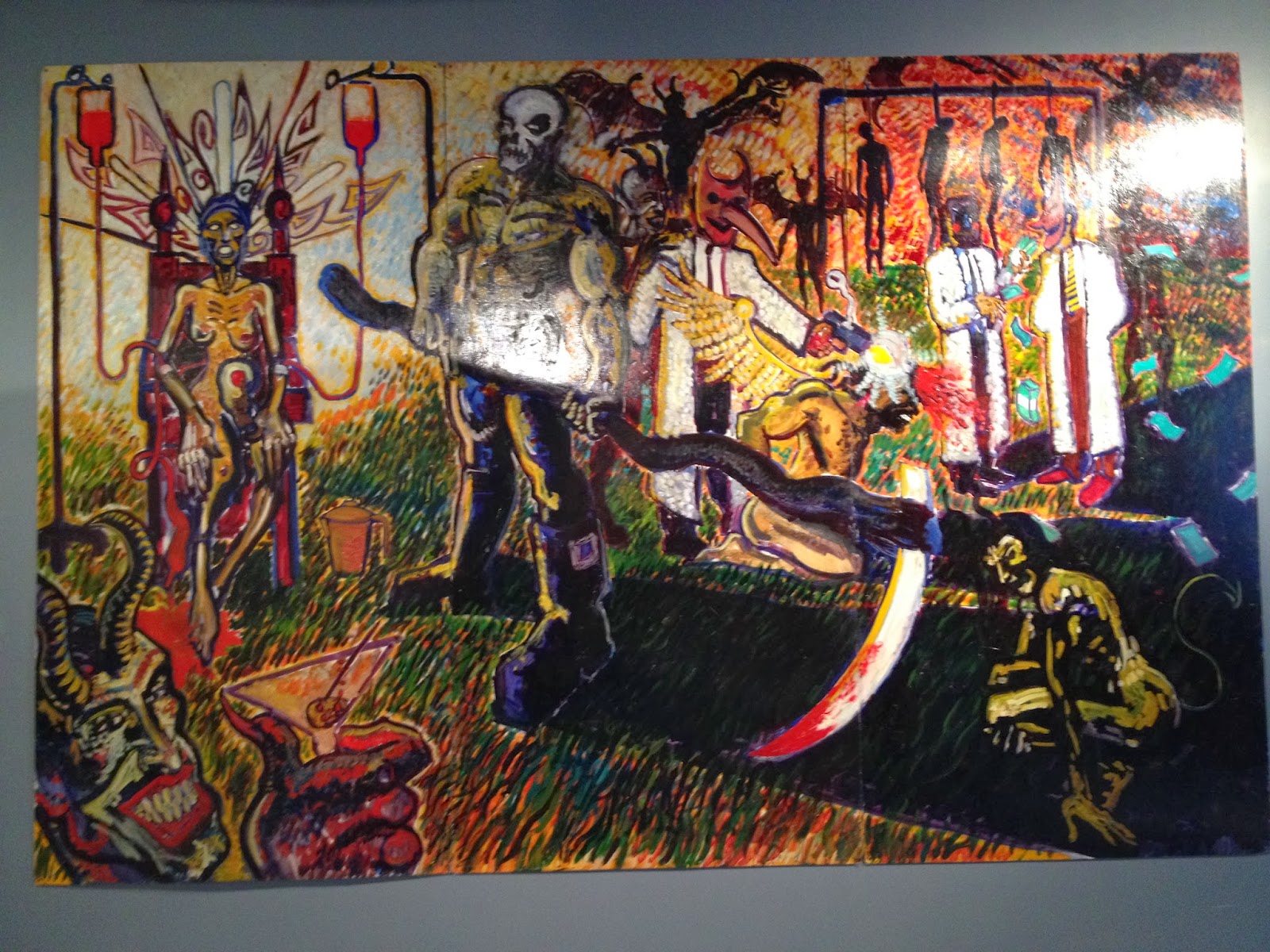What went well?
- Ok, so this is a huge WWW for me: I'll be starting as a research assistant at the Positive Psychology Center next week!! I am super duper excited and really grateful for this opportunity to gain some real research experience. I'll be spending at least 6 hours a week getting involved in the various projects (this awesome social media project is one of them), and am really looking forward to it. Did I mention that I'm excited?!?!
- Ancient Voices rehearsal reminded me of how therapeutic singing can be. I think it produces a comparable endorphin/dopamine rush to exercise, for me anyway :P
- My Intro Buddhism lecture was really engaging and interesting again. The professor taught us about the early life of Gottama the Buddha, and he really told it like a story, filled with hilarious modern-day analogies, dramatic reenactions and exaggerations, and gruesome details. This professor seriously has talent in engaging (and even entertaining!) his students.
- Got a couple more parcels in the mail, and enjoyed mindfully popping the HUGE bubble wrap.
- Started the morning with a group meditation session that a classmate organised.
What did I learn?
- Schools are seen as both a scapegoat & saviour for societal problems (e.g. obesity, poverty, violence), and this tendency is particularly strong in the US.
- Ascetics back in ancient India sure engaged in some weird practices in their quest for spiritual salvation. Like, holding their arms above their heads until the blood drained out and the muscles died, tearing their eyelids out and staring at the sun until their retinas burned out, repeatedly running themselves into a stake...super weird.
- Society really doesn't like it when norms are broken. My professor for Sociology of Education told us a story of how for a sociology assignment, he had to go and break a societal norm (not a law). So he went and tried to pay more for an item at a store (e.g. insisting on paying $5 instead of $3.50). The shopkeepers were at first confused, then just bewildered and uncomfortable, and then completely pissed off upon finding out that it was for an assignment, and basically told him to get out. Uncomfortable!! People just don't know how to react when norms are broken. Another suggestion for the assignment was to ask someone on a plane if you could finish their unfinished meal. Hahahaha. Imagine the reaction...how would you react? Anyway, the point of the story was that Durkheim, the father of sociology, argued that though we may claim to be individuals, in the end, we're all conformists, and it's a good thing (otherwise how would society function?)!
Miscellaneous bits & pieces
I think the pavement on 37th street, between Spruce & Walnut Streets, is petty neat because it's paved with Benjamin Franklin's sayings. Here are some:
 |
| "Lost Time is never found again." |
 |
| "Little Strokes Fell great Oaks." I LOVE this one. A simple reminder that even the most onerous tasks can be broken down and conquered by constant, persistent small steps and efforts. |
 |
| "Genius without Education is like Silver in the Mine." |
Also, here are a couple of things I find weird about American culture:
- When you say "thank you", sometimes they'll respond with "uh-huh" or "mmhmm".
- It's very common to eat in class. Not like eating in class is expressly prohibited in tutorials (the no-food rule & norm is pretty strong in lectures), but most people don't eat in class in Australia. But it seems like it's totally normal and ok to do so here. I still find it weird though.





























